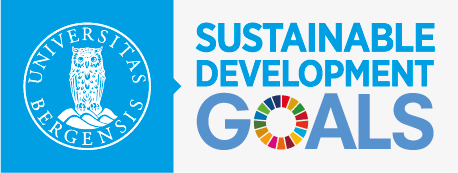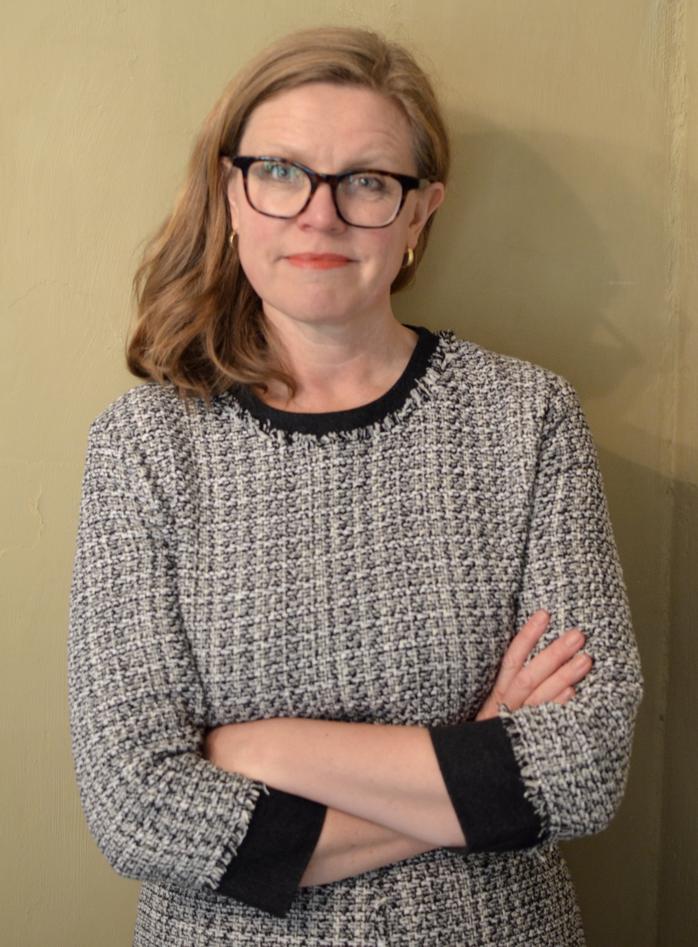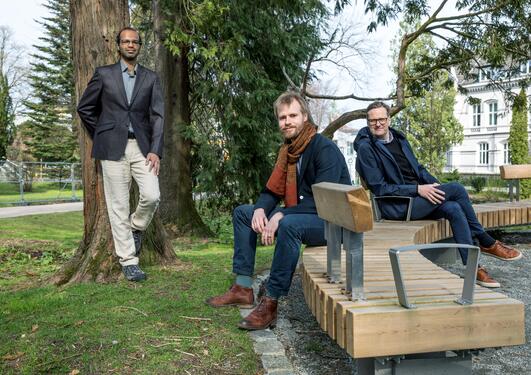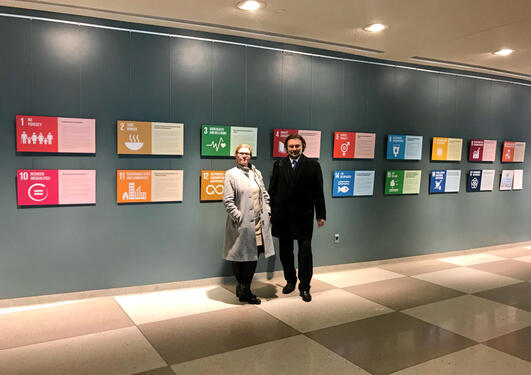Contributing towards science diplomacy at UN
At the annual High-level Political Forum at the United Nations, the University of Bergen will participate in workshops and side events. This to make sure that research and knowledge is heard as part of the 2030 Agenda.

Hovedinnhold
“Our participation in a forum like this represents a breakthrough in the way we work with research dissemination, where we as an institution contribute directly with scientific advice. It is not uncommon for single researchers to work this way, but providing scientific advice as an institution represents something new for the University of Bergen (UiB). We bring our full weight as a comprehensive university to the UN,” says UiB's Vice-Rector for Global Relations Annelin Eriksen.
Leading role in SDG research
In July 2018, the vice-rector heads the UiB-delegation at the High-level Political Forum (HLPF) in New York. Here the university has a strong presence, through co-arranging a workshop organised by UN DESA and speaking at the official Norwegian side event, as organised by Norway's Ministry of Foreign Affairs.
“We are particularly pleased with the contribution from our Centre for Climate Change and Energy Transformation (CET), attending a workshop together with other leading research institutes to discuss solutions and challenges in energy conversion processes. In addition, we have been given speaking time at Norway's official page event and one of our researchers will talk about their contributions to two policy notes related to SDG 7,” says the vice-rector.
Building on the position as Norway's premier SDG-oriented university, UiB has established leadership through a national committee for the 2030 Agenda consisting of leaders from Norway's main research universities and advisers from the Ministry of Foreign Affairs and the Ministry of Education and Research. This includes establishing the strategic initiative SDG Bergen.
“My participation as a member of Norway's official delegation to the HLPF, both as vice-rector and head of the National Committee for the SDGs in Norway's university sector, demonstrates a start for the sector participating more systematically in this kind of forum,” she says.
More ambitions in academia
Over the coming year, Eriksen wants UiB and other Norwegian universities to become more ambitious in their contributions the HLPF and the UN system in general.
“There are many well-intended policy notes, but far from all are research-based. As stewards of public knowledge, we must engage strongly by making research available to the public, in particular knowledge relevant to the SDGs and which are discussed at the HLPF,” the vice-rector believes.
Academia lacks a system to do this and the UiB vice-rector wants to raise this with her colleagues at the other Norwegian universities.
“Research-based decision-making is of particular importance in complex issues. For example, energy conversion requires knowledge from many fields of expertise,” says Eriksen, “our scientific advice must not be so narrow that they address an isolated problem only, but must include the full range of the major societal challenges we face.”
Voices of dissent must be heard
Sustainability targets engage different groups and organisations. Vice-Rector Eriksen sees an opportunity for academia to take a particularly important role, by also posing critical questions to “adopted truths” in the SDG debate.
“I want research to raise a voice of criticism as well in the SDG debate. There are many parties who take positions based on rhetoric around sustainability that cannot always be justified by facts and knowledge. Academia has a lot to offer by posing critical questions, and this includes promoting unpopular views, not just political correctness,” she says.
The SDGs are broad both in geographical and thematic terms. The university sector has a unique opportunity to contribute broadly when presenting scientific advice.
“Subjects such as energy conversion, migration, climate change and gender perspectives, to name a few topics where our university can contribute with essential knowledge due to our comprehensive research. We cover the full range from natural sciences and medicine to social sciences, humanities and the arts. Only through a multidisciplinary approach can we address our shared global challenges,” says Vice-Rector Annelin Eriksen.



